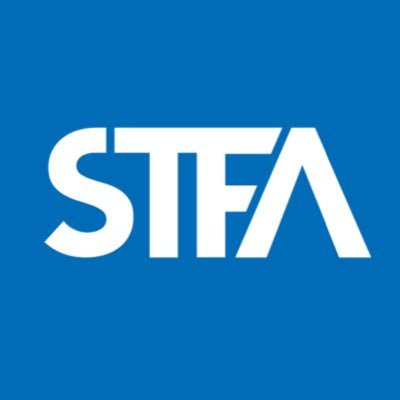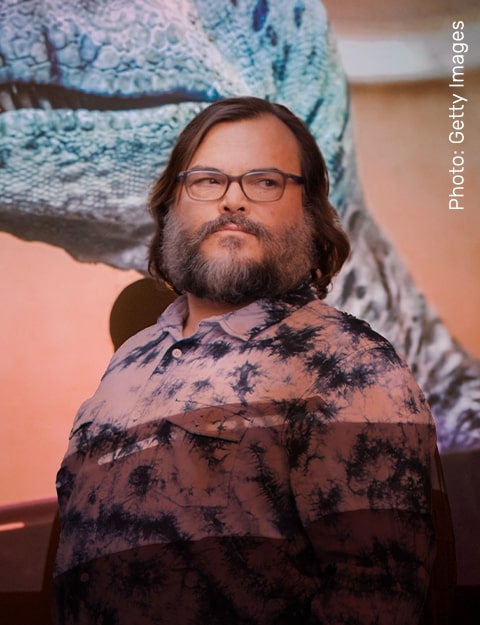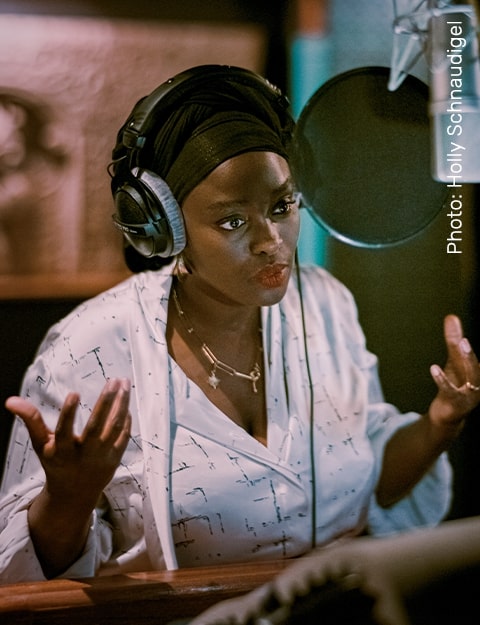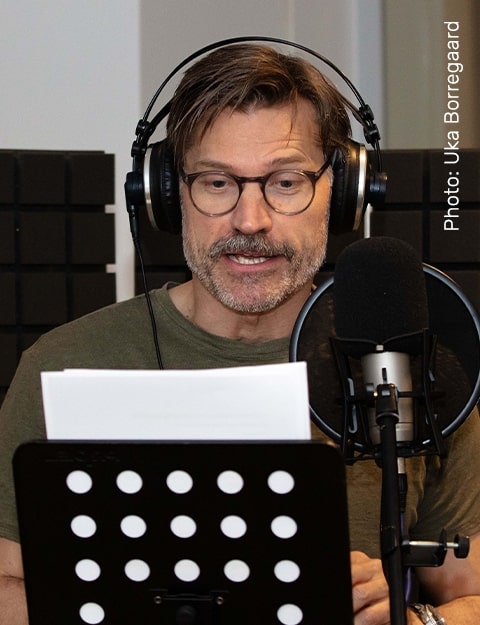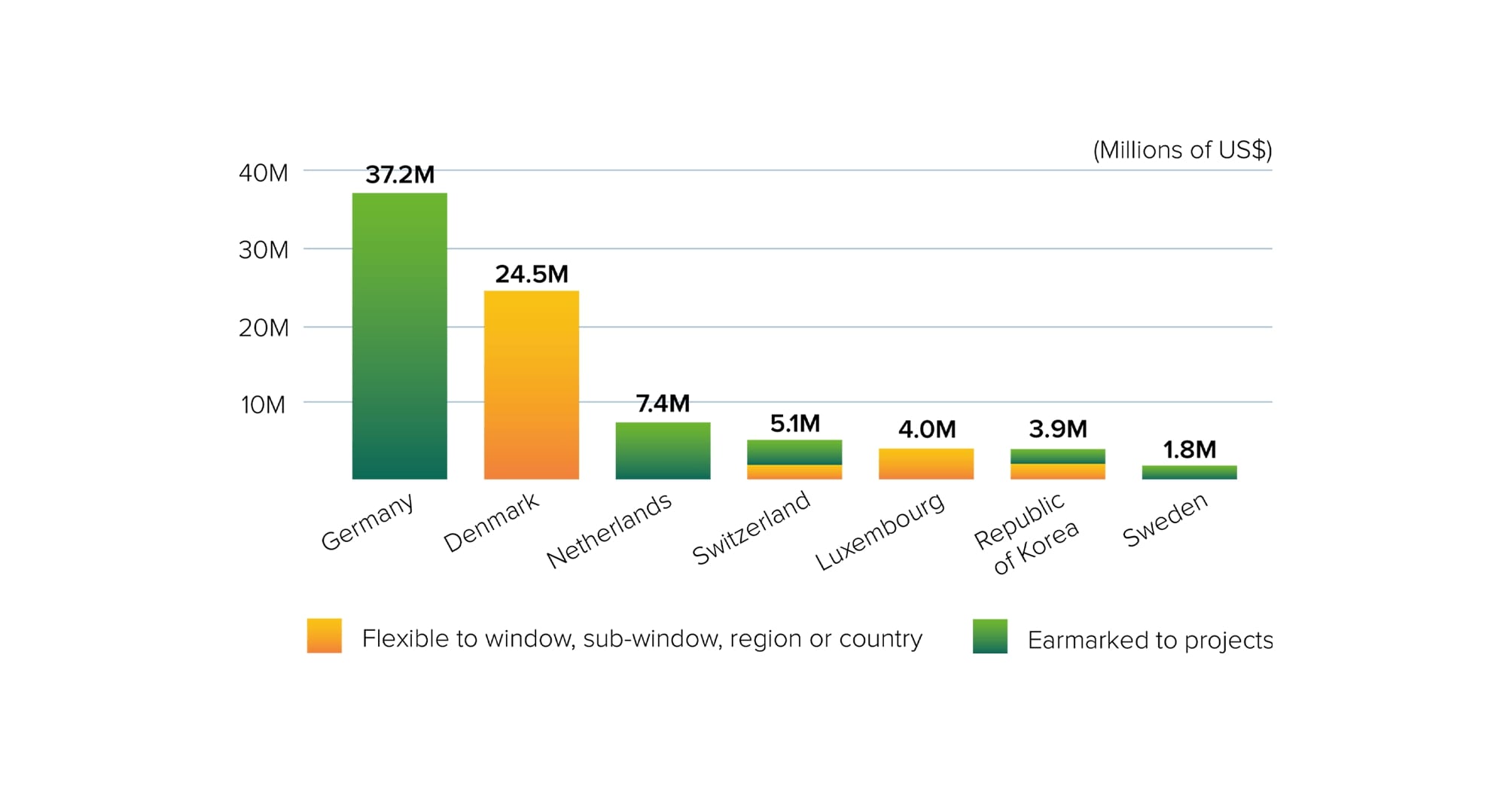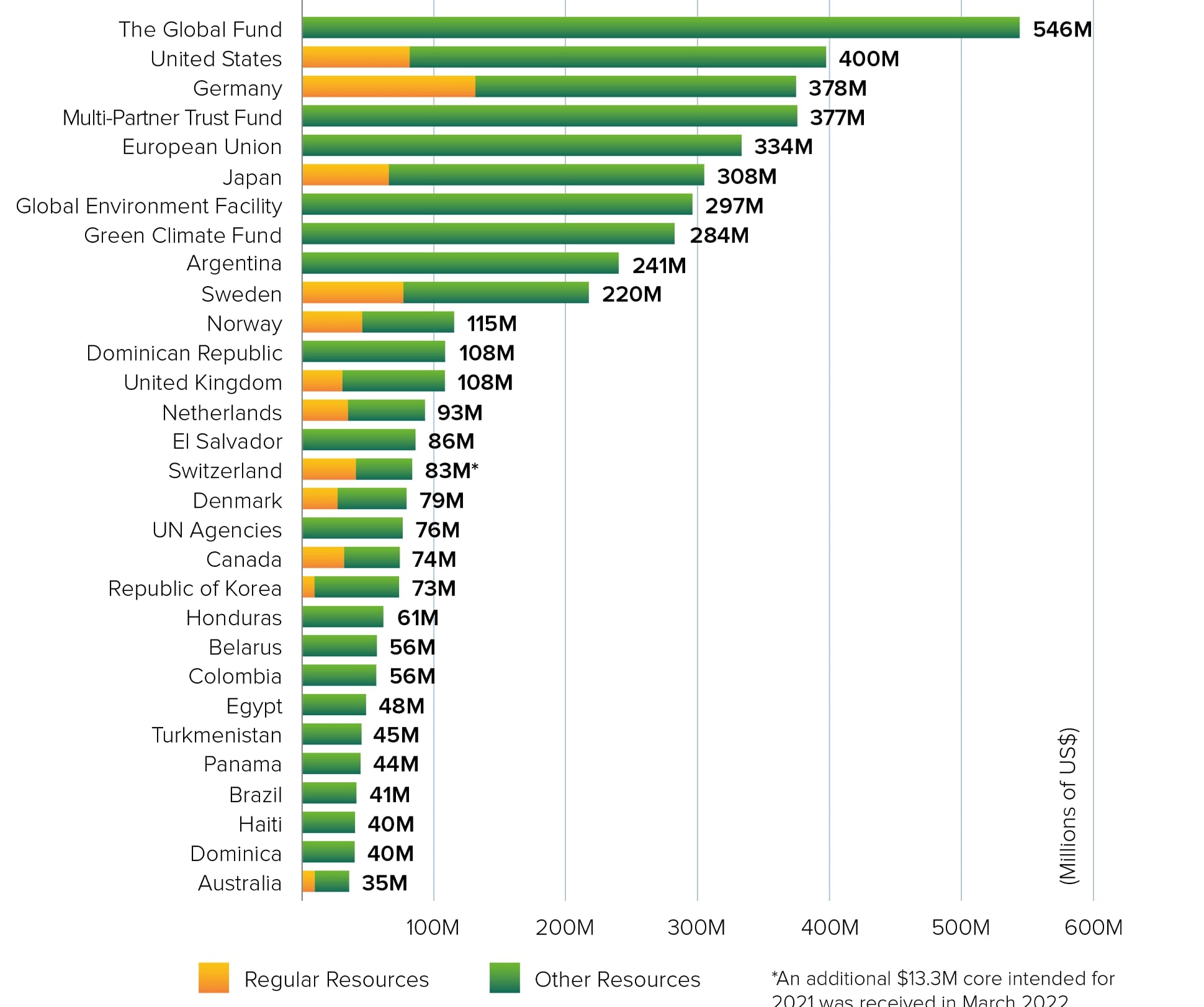Signature solution: Poverty
Zero Poverty
Before Crypto-Trillionaires
Tackling inequality of opportunities by investing in the enhanced capabilities people need to move above the poverty line and keep moving forwards
Multidimensional poverty, exacerbated by the pandemic, has put years of human development progress at risk. But despite current challenges, UNDP has scaled up efforts to support countries and communities to reduce inequality, realize a job-rich recovery and eradicate poverty in all its forms. The results increasingly reflect UNDP’s accelerated commitment to innovation, digitalization and partnerships, and new approach to development finance.
Digitalization is now at the forefront of UNDP support for livelihoods and income security. Meanwhile, the digitalization of social assistance makes the system not only more inclusive but also more shock-responsive and resilient. In Malaysia, the new five-year plan covers core issues such as green growth, social protection, lower emissions, ecological conservation, jobs and the digital economy. In Kenya, UNDP helped establish a registrar’s office in the Medium and Small Enterprises Authority and provided digital tools to support the formalization of 12,185 firms. In India, training on financial and digital literacy and support in making market links helped 31,000 artisans, farmers and microentrepreneurs boost income on average by 19%.
In 2021, UNDP unleashed an array of development finance innovations, helping countries identify opportunities, develop new financing tools and strike new partnerships. With UNDP support, Uzbekistan became the first country in its region to issue a sovereign bond for the SDGs. Also with UNDP support, Indonesia issued its first sovereign SDG bond for $551M to support social protection, health and education. Rwanda’s Development Bank issued its first green bond to inject $50M into renewable energy, clean transportation, sustainable water, waste management and biodiversity conservation. In Mauritania, UNDP helped institutionalize zakat or Islamic finance, enhancing regulations to steer this source of funds more systematically towards the SDGs.
UNDP is ready to help the world leave multidimensional poverty behind for good by 2030—hopefully, before we see the first crypto-trillionaire.
An elderly woman in Kurendhoo Island in Lhaviyani Atoll, Maldives. UNDP has been in the country for more than 40 years, helping to achieve the eradication of poverty and reduction of inequalities.
Photo: Ashwa Faheem/UNDP Maldives

implemented policies based on COVID-19 socio-economic impact assessments (with UNDS)


in 25 countries gained access to financial services, improving lives and economies (2018–2021)
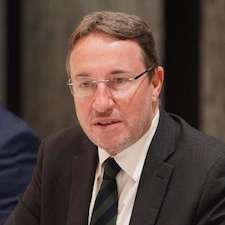

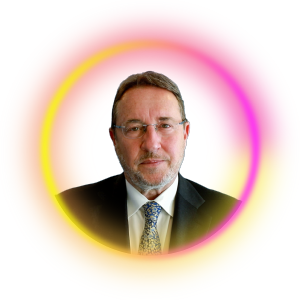





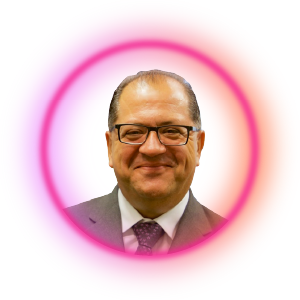








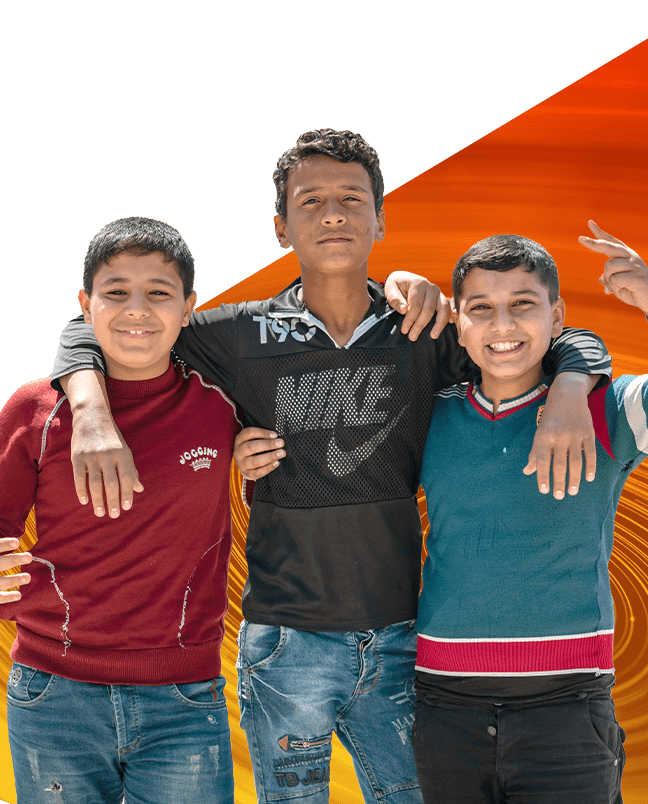

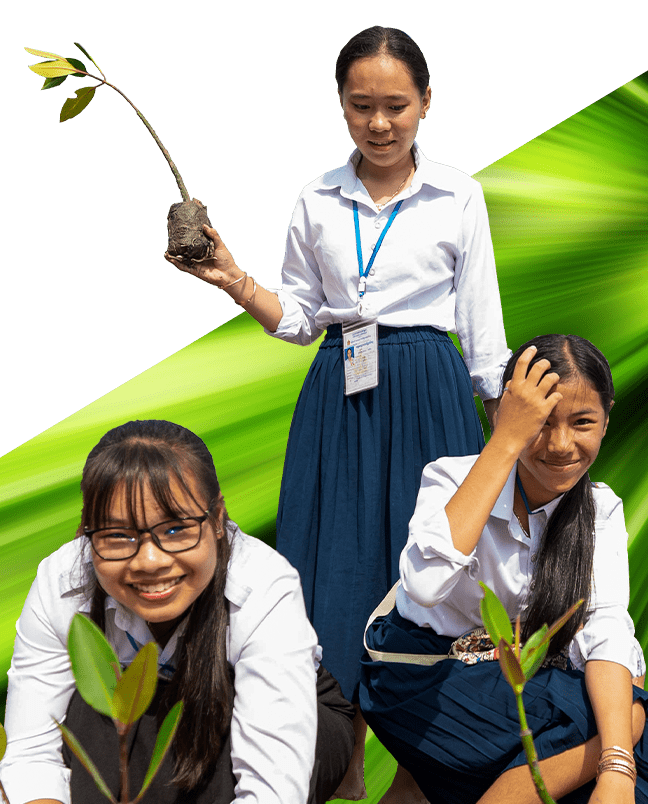

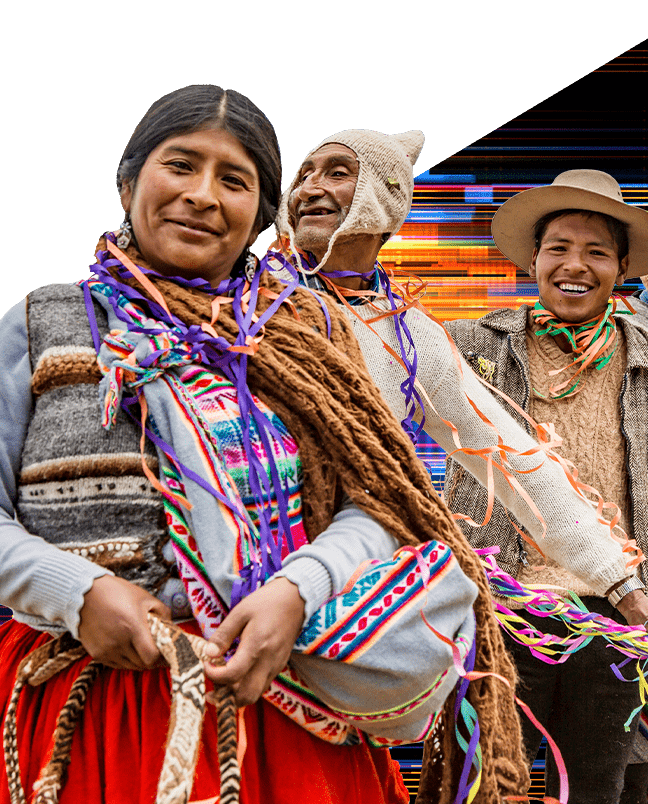




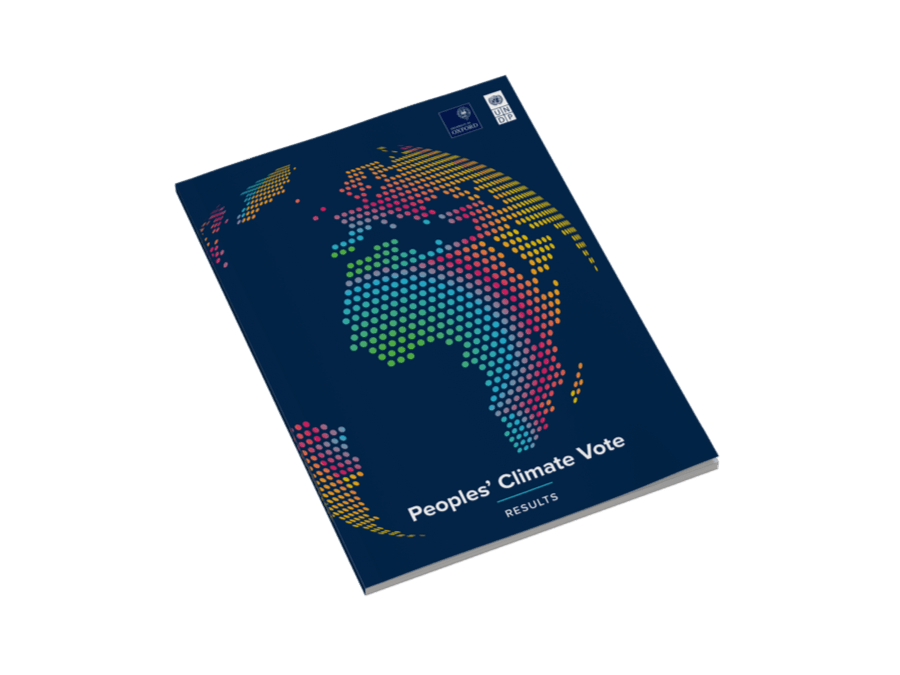
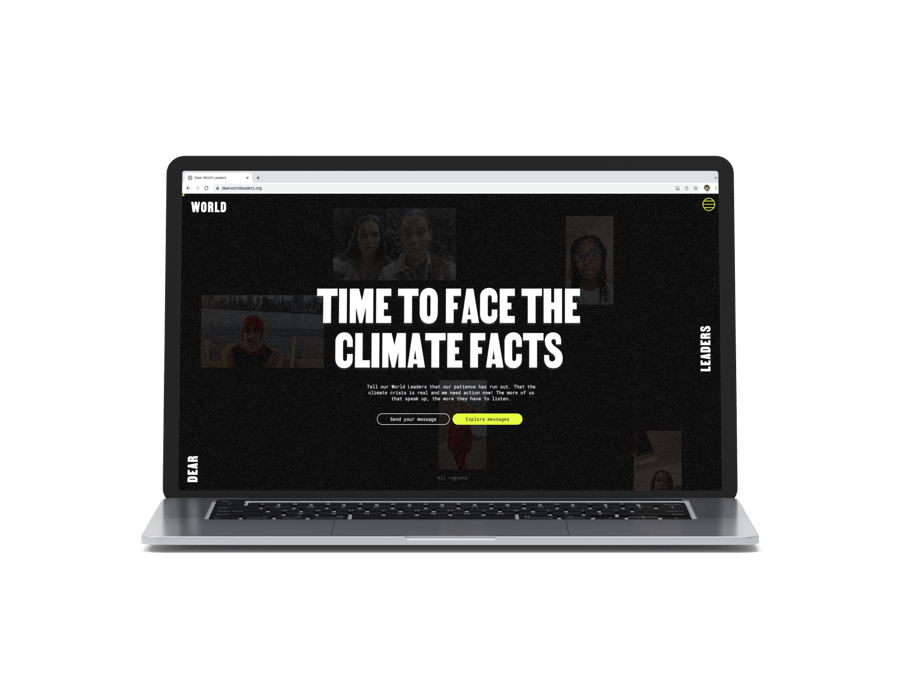

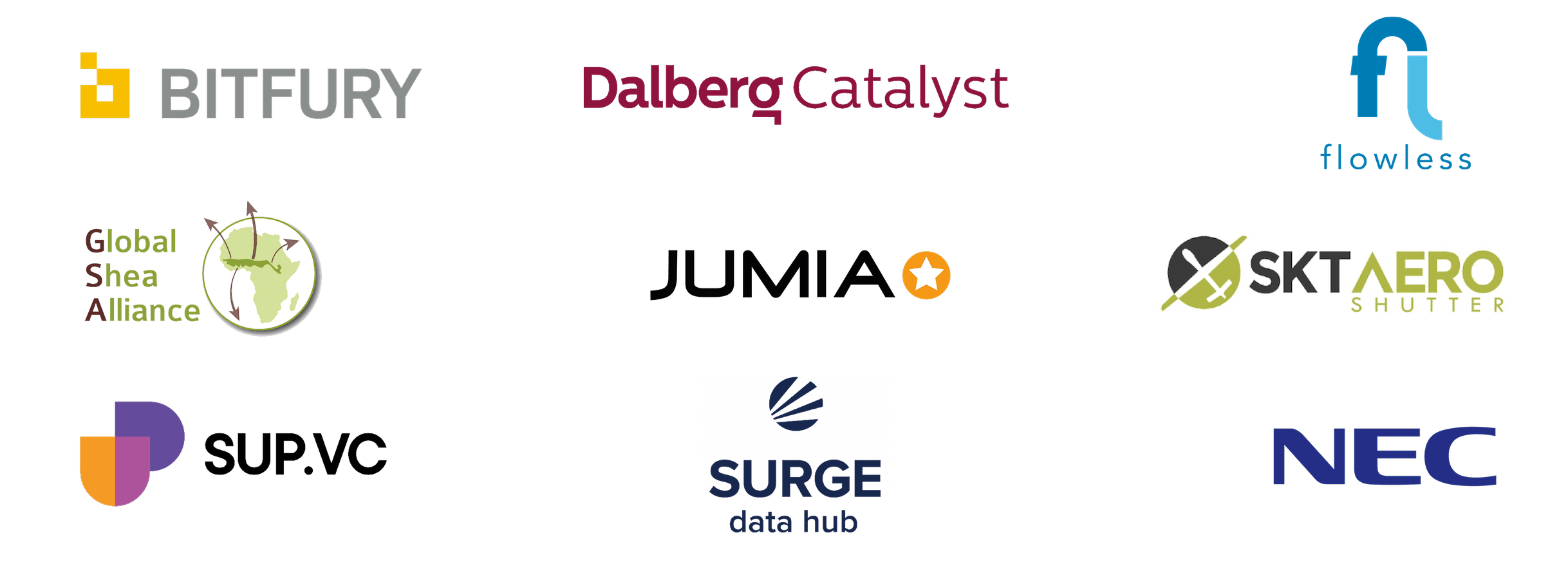

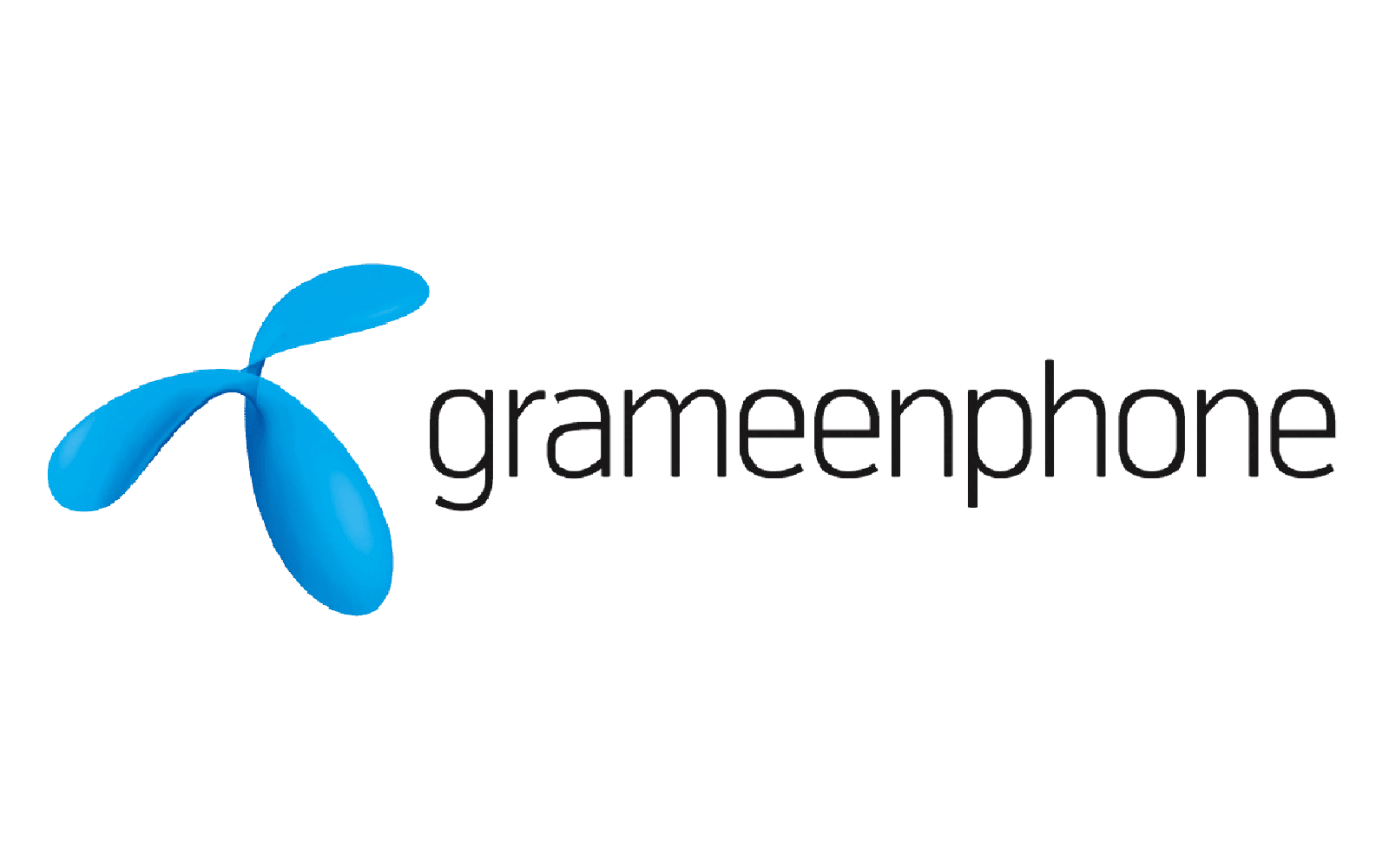


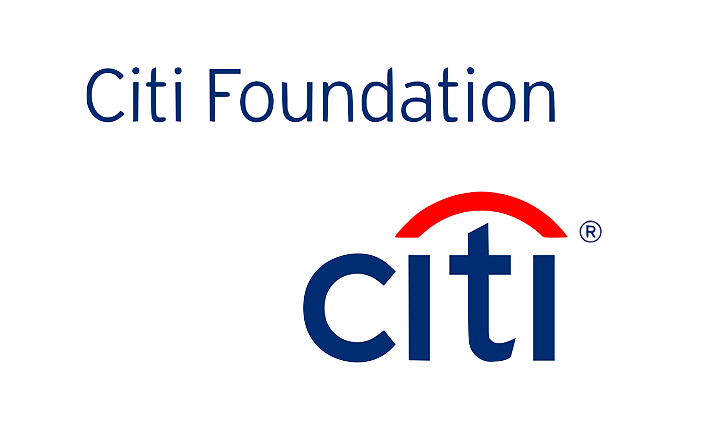
 People
People
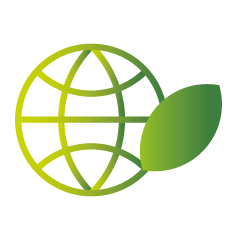 Planet
Planet
 Peace
Peace
